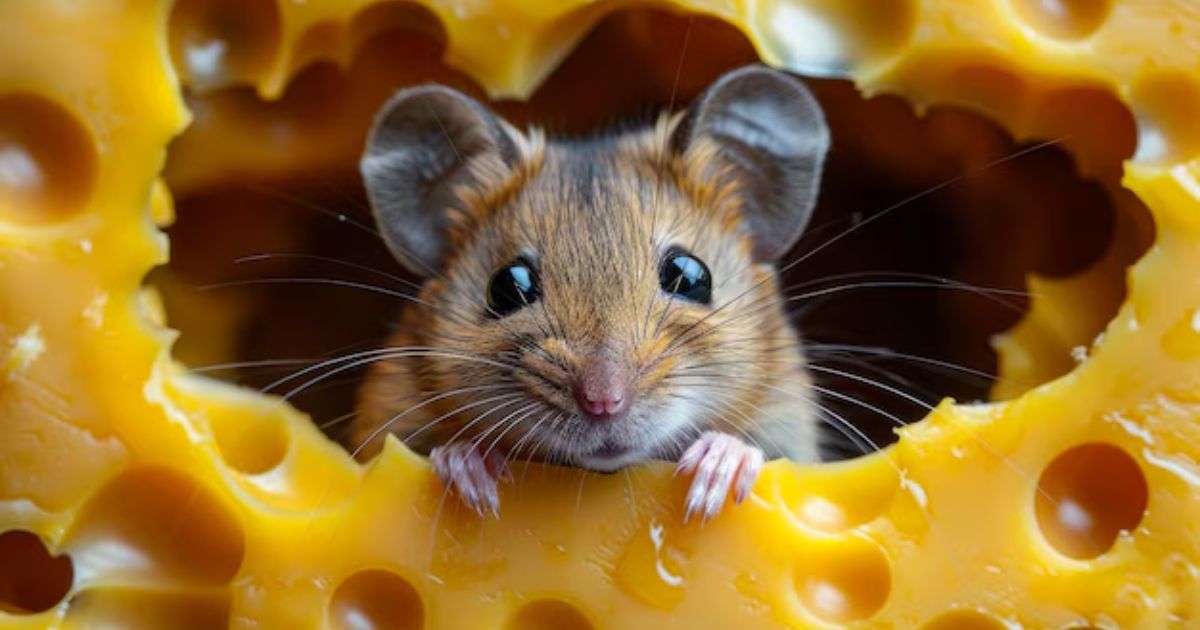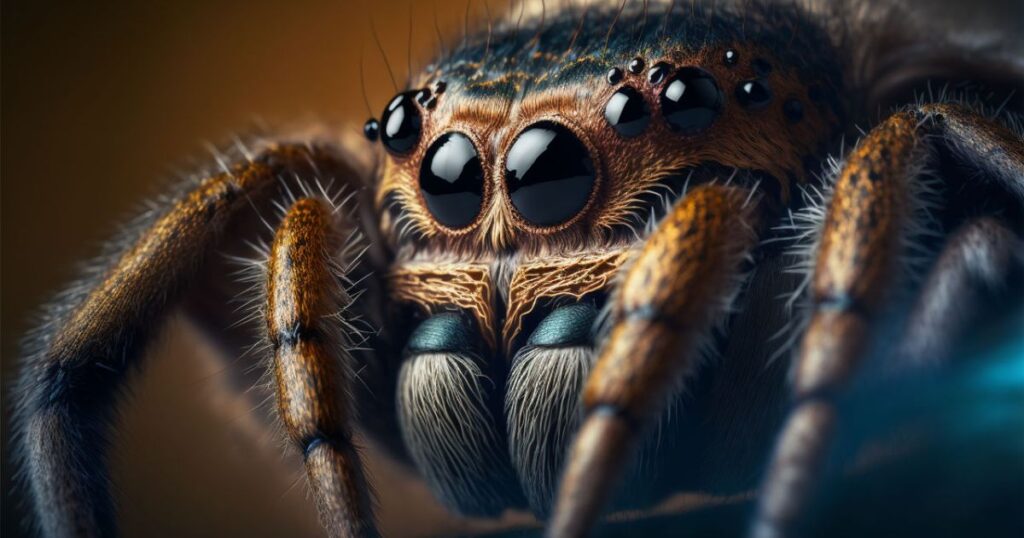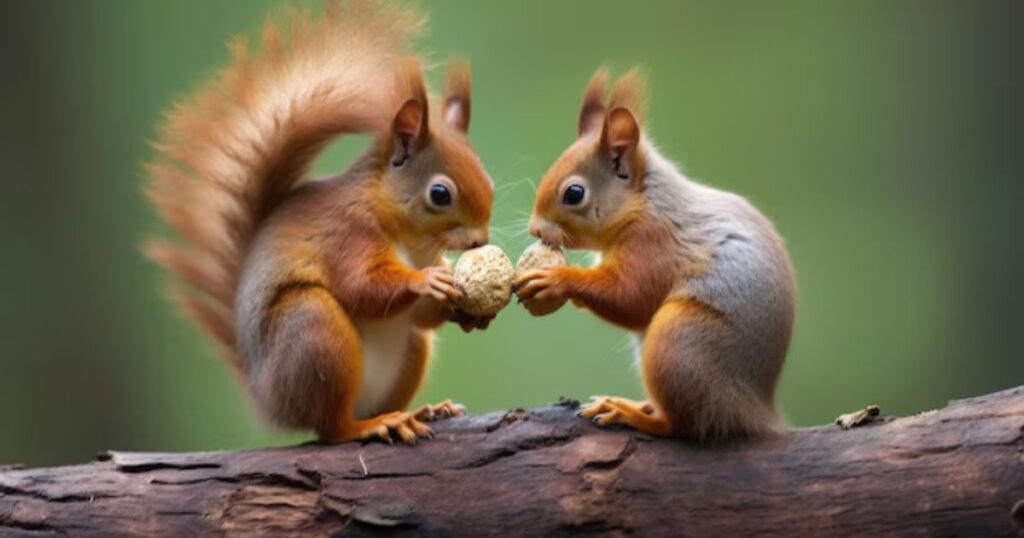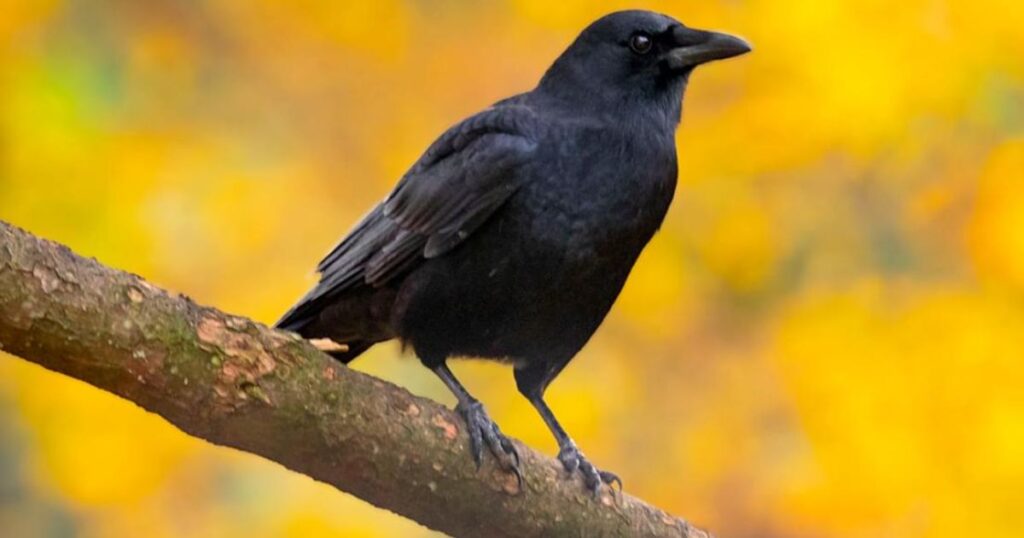What Do Mice Eat? Exploring Their Favorite Foods
These tiny creatures are not just cute; they’re also opportunistic and voracious eaters that can wreak havoc on your pantry and peace of mind.
But what do mice eat? The answer might surprise you! With an astonishing ability to adapt their diets based on what’s available, these little nibblers have a penchant for raiding wall cavities, attics, and kitchens where tasty morsels abound.
Mice are masters at exploiting easy food sources, which is why they thrive in human habitats.
From grains and fruits to leftover crumbs hidden under appliances, their menu is as varied as it is alarming.
What mice eat: Do mice eat meat?
Mice are fascinating omnivores, and their diets reflect a remarkable adaptability to their surroundings.
So, what do mice eat? While they are often associated with grains and seeds, they won’t shy away from a protein-rich snack if the opportunity arises.
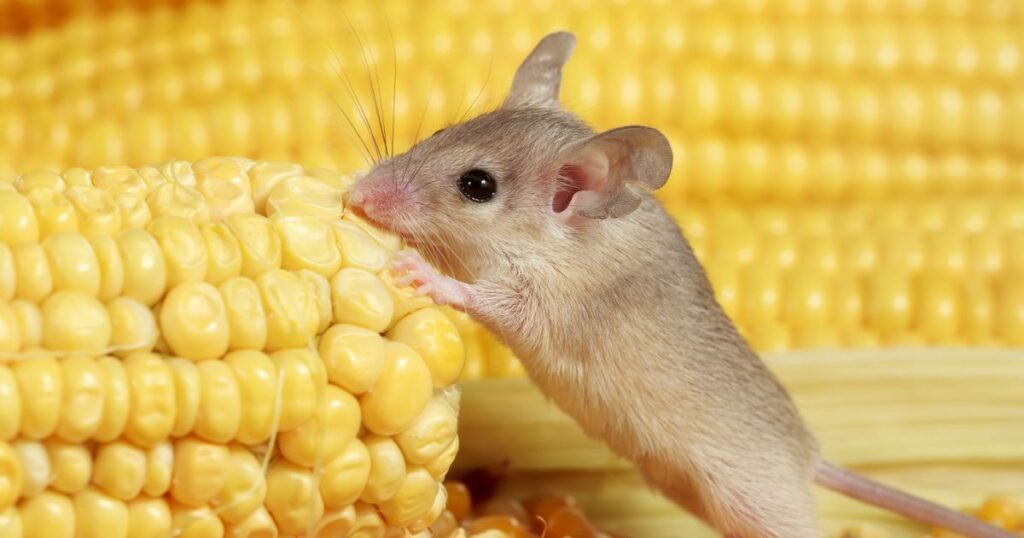
Yes, mice can and do eat meat! Whether it’s leftover bits of cooked poultry or even insects, these clever little creatures will take advantage of whatever food source is available.
Meaty indulgences, mice also indulge in a variety of grains like oats and rice, as well as fruits that provide essential vitamins for their health.
Wondering if squirrels can eat bread? Learn more in our comprehensive article on safe and unsafe foods for squirrels.
Their broad palate helps them survive in different environments urban or rural making them incredibly resourceful scavengers.
| Category | Examples |
| Grains and Seeds | Wheat, oats, rice, sunflower seeds, millet |
| Fruits | Apples, bananas, berries, melons |
| Vegetables | Carrots, broccoli, spinach, peas |
| Proteins | Mealworms, cooked chicken, nuts |
| Foods to Avoid | Chocolate, salty snacks, processed foods |
What do house mice eat?
House mice are remarkable survivors, especially in urban environments where food sources are abundant.
These crafty little creatures have adapted their diets to include a variety of human and natural foods.
They often gravitate towards grains, seeds, fruits, and even processed foods left unguarded in homes and restaurants.
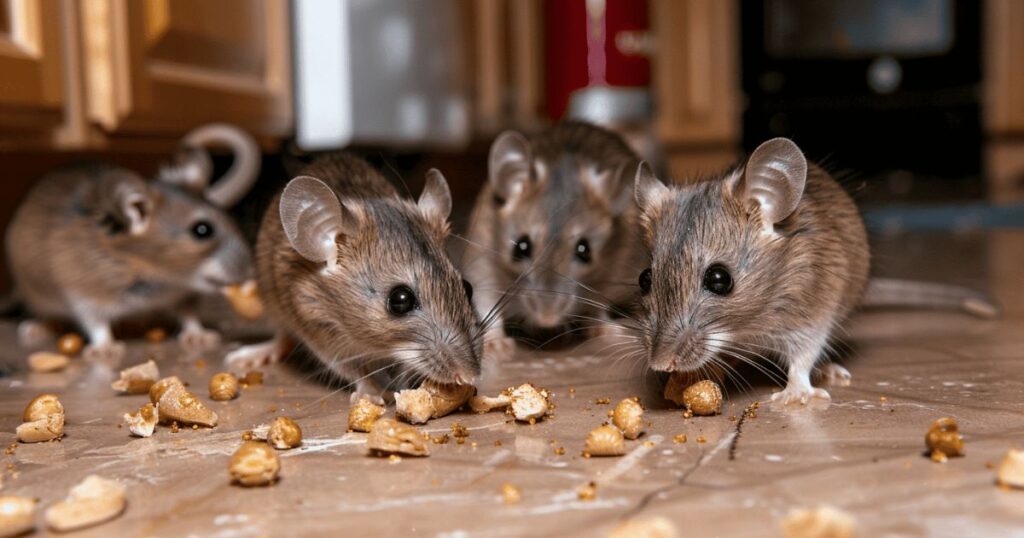
Their ability to exploit diverse food options is a key reason they’ve thrived alongside humans.
In cities, the lifestyle of house mice typically spans one to two years; however, their impact during that time can be significant.
With their rapid reproduction rates females can give birth to up to 10 litters each year house mouse populations can explode when conditions are favorable.
What do deer mice eat?
Deer mice are omnivorous creatures with a diverse diet that reflects their adaptability to various environments.
These small rodents thrive on seeds, which provide them with essential fats and carbohydrates.
They consume insects during warmer months, adding crucial protein to their diet.
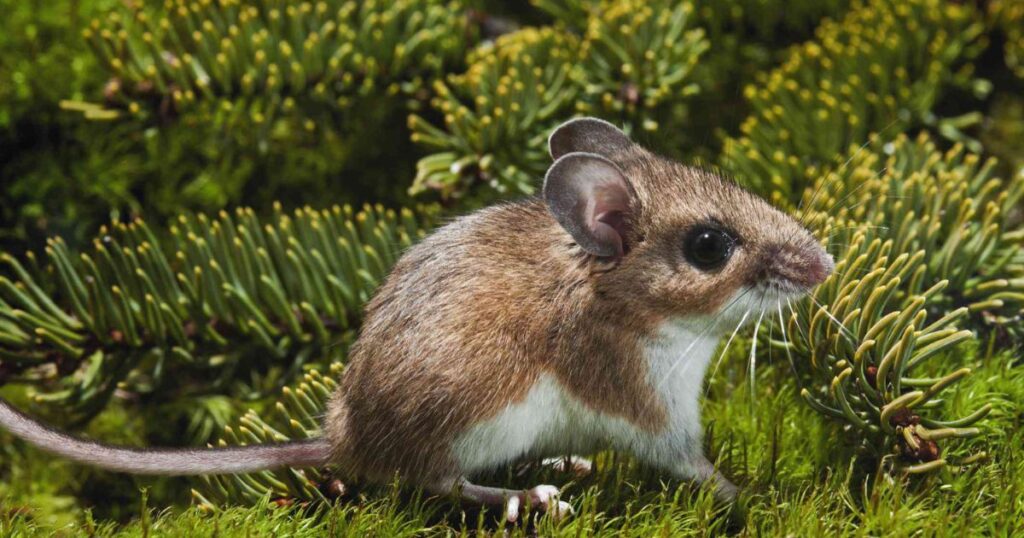
Berries also feature prominently in their meals, not only offering hydration but also a burst of energy from natural sugars.
Deer mice play a role in the ecosystem as prey for predators such as snakes and birds of prey.
This makes them important carriers of diseases like hantavirus when they come into contact with human habitats.
These dietary habits of deer mice is not just about curiosity; it’s also vital for grasping how they fit into both our environment and its health dynamics.
Do mice eat cheese?
The classic image of a mouse nibbling on a block of cheese is both charming and misleading.
While cartoons from our childhood often featured this adorable scenario, in reality, mice are much more diverse eaters.
They thrive on carbohydrates, making foods high in sugar and starch their preferred choices.

Peanut butter can outshine cheese as the ultimate mouse treat! Its rich aroma and sticky texture attract these small critters far better than any slice of cheddar.
Sweet treats like chocolate can be irresistible to mice. Their palates lean towards sugary snacks rather than savory bites, which gives us a fresh perspective on rodent dining habits.
You think about setting up those old-school traps with cheese bait, consider opting for peanut butter or even enticing them with a bit of chocolate instead.
Protect your property from bee infestations with these proven strategies in How to Get Rid of Bees.
Mice cause property damage
Mice possess a natural instinct to gnaw on various materials, and this trait can lead to surprising levels of property damage.
They make their way indoors, they often chew through furniture, cabinets, and baseboards in search of nesting materials or hidden food sources.
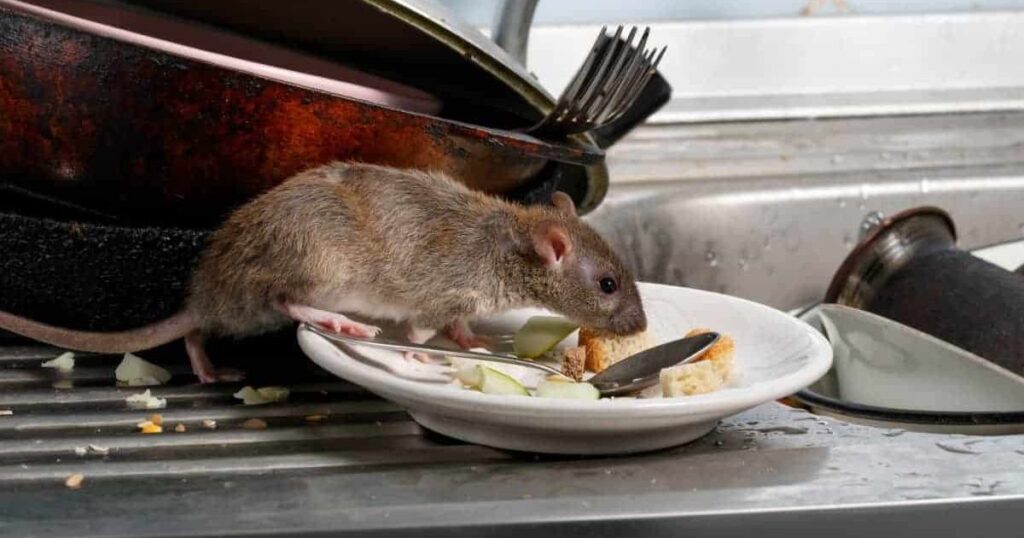
This relentless quest for survival can create unsightly holes and weakened structures throughout your home.
These small pests can turn your carefully curated space into a patchwork of costly repairs.
On the brighter side, these creatures play an essential role in the ecosystem by supporting the food chain.
As prey for snakes, birds of prey, and larger mammals like foxes, mice are critical in maintaining ecological balance.
Save your property from mice with Ehrlich!
Mice can be relentless invaders, but with Ehrlich Pest Control on your side, you can create a fortress around your property.
Mice eat is crucial in formulating an effective prevention strategy. These little nibblers are attracted to easily accessible food sources like grains, sweets, and even pet food left out in the open.
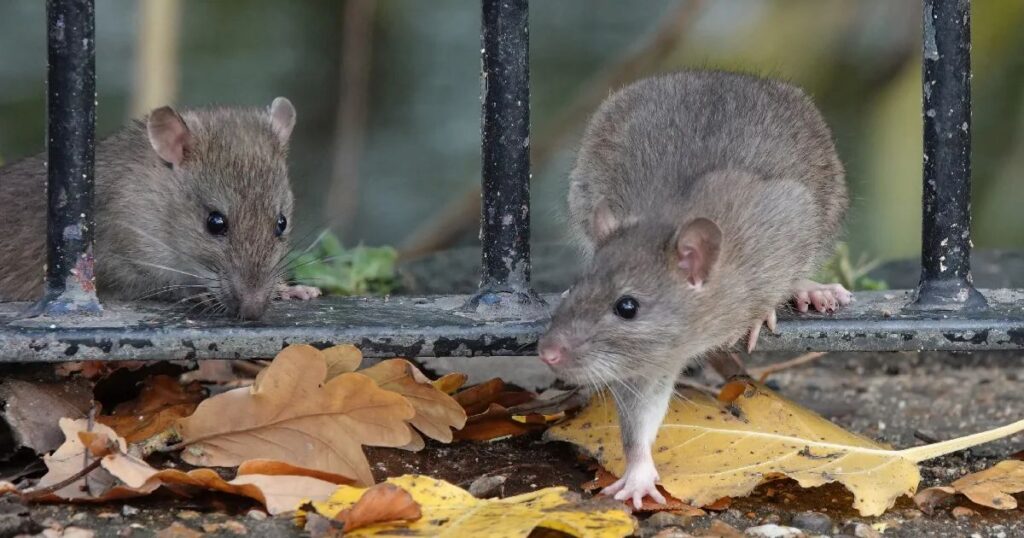
By sealing these potential buffet spots and keeping your surroundings clean, you can make your home or business less appealing to them.
The beauty of mouse control with Ehrlich is that it’s not just about reacting; it’s about proactive prevention.
Their free mouse control consultations equip homeowners and business owners with the knowledge and tools needed to deter these pesky rodents before they snatch a morsel from your pantry or shelves.
Conclusions
Mice are versatile eaters with a diet that primarily includes grains, fruits, and vegetables.
They have a natural inclination towards seeds and nuts, often foraging for these tasty treats in their environment.
While they can occasionally nibble on meat or dairy, it’s important to provide them with a balanced diet that meets their nutritional needs.
By understanding what mice love to eat, you can create a more inviting habitat for them or ensure your pet mouse stays healthy and happy.
So, whether you’re caring for a pet mouse or simply curious about these little creatures, remember to consider their favorite foods!
FAQs
What is mouse’s favorite food?
Mice are particularly attracted to carbohydrate-rich foods, including grains, fruits, and seeds; however, they have a special preference for treats like chocolate and peanut butter.
Can mice eat rice?
Mice are capable of eating rice. Being omnivores, they have a diverse diet that includes various types of food, such as grains like rice.
What do mice eat in your walls?
Any exposed or unwrapped food items in kitchens and pantries, remaining crumbs, pests, and anything else that may be present.
What mice Cannot eat?
Blends of seed grains, foods rich in sugars and fats (such as desserts and dairy items), along with plants that may pose health risks.

